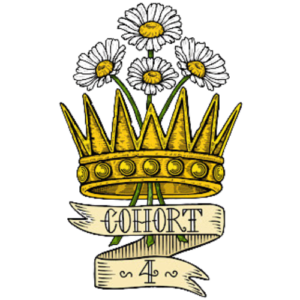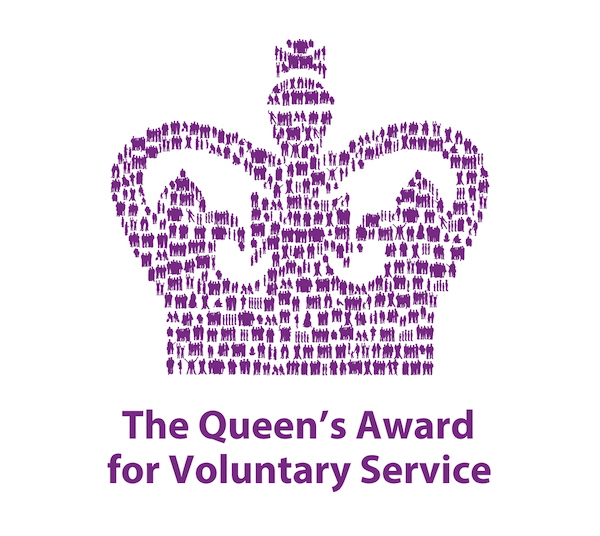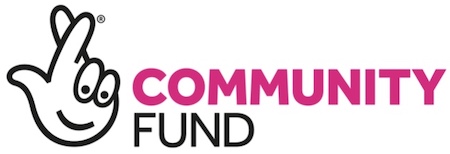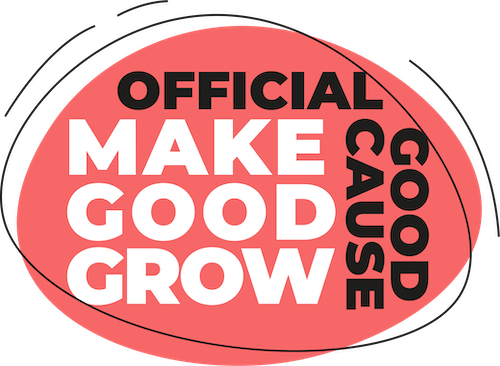Cohort 4 have been busy working with Warwickshire’s House Project team to deliver peer mentoring training to a really inspiring group of young Peer Mentors for their Leaving Care client group. We’ve also finished a first draft of a Peer Mentoring Handbook for House Project and the Warwickshire County Council’s Asylum Seekers & Care Leaver team. What a pleasure to be asked for our expertise in this area to develop the capacity of young people from diverse communities within our own county. Peer mentoring has been a passion here at Cohort 4 since we started operations six years ago, and our founding director is currently undertaking her PhD research into examining peer mentoring with women who have multiple and complex needs.
Cohort 4 have a suite of OCN Level 3 accredited units from our Reintegrative Mentoring programme – unique to our organisation. As a Social Enterprise, when we deliver training, all income from that delivery come straight back into Cohort 4 to enable us to offer more to our own groups. Our training team take annual leave from their own full time roles to be able to offer this to other organisations and our biggest thrill is to work with individuals who are (peer) mentoring within their own communities. This often takes place where there are challenges to integration within the community and we know that when peer mentoring is managed and supported well, it works.
A mentor is defined in the Oxford English Dictionary as an “experienced and trusted adviser”. The core of mentoring has been described by Professor Mike Nellis, University of Strathclyde as, “Someone more experienced guiding, coaching or encouraging someone less experienced in the performance of a task (or role). It is (usually) more formal than befriending but less formal than supervision — and more purposeful than mere “volunteering.”
A Peer Mentor differs from a mentor in that as a peer mentor you may have experienced some of the mentees lived history. For example experience of care or experience of mental ill health or addiction. CLiNKS, the UK membership based organisation that supports, represents and advocates for the voluntary sector within the criminal justice sector defines peer mentoring as, “An initiative consisting of trained individuals volunteering to support people with specific or multiple needs to provide practical advice and guidance. This can take a number of forms such as mentoring, befriending, listening, counselling, advocating or being an advisor. As a Peer Mentor the young people we trained this week will use their experience and knowledge in a positive and helpful way to support the confidence, development and wellbeing of their mentees. Cohort 4 are pleased to be able to work with you to develop and to reinforce your knowledge about your important new roles.
We are looking forward to delivering more peer mentoring training units in Warwickshire and to delivery of our specially adapted OCN Level 2 Accredited Recognition & Respect (R&R) full programme. This will be adapted to meet the needs of a group of 16 – 19 year old female asylum seeking community members in February 2020. Thanks for funding by Crimebeat, the High Sheriff’s Charity, delivered by Cohort 4, of benefit to a valuable group of girls in our community of Warwickshire.


Recent Posts
- Essential Toiletries and some beautiful Products for women at Cohort 4 19th December 2023
- One of my favourite Cohort 4 achievements 17th September 2023
- Cohort 4 at the Domestic Abuse Commissioner’s 1st Conference – A Festival of Practice 13th April 2023
- Thursday Lunch Club Outcomes and Continuation 6th April 2023
Archives
- December 2023
- September 2023
- April 2023
- November 2022
- May 2022
- October 2021
- July 2021
- June 2021
- May 2021
- April 2021
- March 2021
- February 2021
- January 2021
- November 2020
- October 2020
- September 2020
- August 2020
- June 2020
- May 2020
- March 2020
- January 2020
- November 2019
- October 2019
- September 2019
- August 2019
- June 2019
- April 2019
- March 2019
- February 2019
- January 2019
- December 2018
- October 2018
- September 2018
- July 2018
- May 2018
- April 2018
- March 2018
- February 2018
- January 2018
- December 2017
- November 2017
- August 2017
- March 2017
- February 2017
- January 2017
- December 2016
- November 2016
- September 2016
- August 2016
- May 2016
- April 2016




Recent Comments